How to Quiet a Generator: Simple Ways to Reduce Noise
Generators are needed in times of power outages, outside parties, and camping visits. Yet one of the most frequent questions that people raise is the amount of noise they generate. The question that most homeowners and campers will tend to pose is, How to quiet a generator?, when the loud humming noise is a nuisance.
Luckily, there exist a number of viable methods of getting your generator to be less noisy but without affecting its performance. In this article, the author examines the noise of generators and the sound levels of various types, and the ways of reducing the noise.
Why Are Generators So Loud
Generators produce electric power by changing mechanical energy into electric power, which produces noise. This sound can be attributed to the engine combustion, the exhaust system, and the mechanical vibrations.
The noisier the generator is, the louder the engine and the greater the power output. Moreover, the taste of the materials employed, the architecture of the enclosure, and the frequency of maintenance also determine the extent to which a generator can be loud.
When your generator is making a lot of noise, it is not only annoying, but it can also be an indicator of wear and tear, insulation issues, and a defective muffler system. The first process to attain the reduction of the sound is to understand its origin.
Noise Levels of Different Types of Generators
Various kinds of generators emit varying amounts of noise based on the way they are designed and the source of energy. We will discuss the comparison of each type in the sound and performance below.
Gas-Powered Generators
One of the most prevalent yet the loudest generators is the powered generators. The average noise level they produce is 70-90 decibels (dB), the level produced by heavy traffic. The engine combustion process and the exhaust system are the prime sources of noise. They are good in terms of backup power, but their sound levels cannot be good in a quiet neighborhood or campground.
Inverter Generators
The generation of the inverter has been equipped with noise reduction technology, and as such, the inverter generators are much quieter. Their output is about 50-65 dB, which is approximately the sound of a normal conversation.
These generators also regulate the engine speed that is needed based on the power demand, that is needed and enhances efficiency and eliminates unnecessary noise. Due to this fact, inverter generators are ideal for outdoor recreation or small household use where noise is a concern.
Diesel Generators
Diesel generators are very economical in terms of fuel consumption as well as durability, yet they are very loud, with an average of 75 to 95 dB. High compression and vibration of diesel engines are other factors that make diesel engines sound intensive. Noise barriers or acoustical enclosures can be used to ensure that they are not very loud in residential homes.
Solar-Powered Portable Power Stations: The Silent Solution
The solar-powered portables have now become a popular item among households, world travelers, and recreational seekers of noise-free power that is ecologically friendly.
These systems emit no emissions and run nearly silently, unlike gas or diesel generators, and they do not produce the noise or the fumes that are so common with fuel-powered systems. They come in particularly handy in keeping the peace when it comes to camp outings, backyard parties, or getting through the nighttime power outage.
Solar generators are desirable to be used indoors to maintain the smooth running of the most important electronics like laptops, routers, medical devices, and lighting in case of a power outage. The Aferiy P210 would be the best choice in terms of indoor backup, as it does not produce any harmful gases and can be safely used in a confined room. These generators are the ideal silent power solution.

How to Quiet Down a Generator
In case you want to continue using your current generator, you can cut its noise output by several means:
-
Move the generator to an area that is as distant as possible from your home or camping place and place it on a firm surface that is not vibration sensitive.
-
Create an airproof container with plywood and insulation foam to absorb the noise of the engines.
-
Modify the exhaust system(adding a muffler) or have a muffler that will operate quietly.
-
Install a noise deflector, a low-technology do-it-yourself project that involves angled boards to send the sound waves elsewhere, other than in your living room.
-
Do frequent servicing since a clogged filter and worn-out components tend to cause engines to be noisier.
These measures should go a long way in reducing the levels of sound, as this will enable your generator to operate more quietly.
Another consideration when using a generator for home or camping power is the energy consumption of appliances like space heaters. How much electricity does a space heater use? Space heaters typically consume between 750 to 1,500 watts of power, which can significantly impact the generator's total capacity if you're running multiple devices simultaneously.

Best Quiet Generator for Home Backup
In selecting the ideal quiet generator to use as a home backup, select the more recent models of low-noise and high-performance, which can strike the performance-quietness balance. The current technology presents high-capacity, silent, and environmentally friendly options to the conventional gas generators. We suggest two excellent models: AFERIY P210 and AFERIY P310.
AFERIY P210 Solar Generator
The AFERIY P210 is a small and lightweight solar generator that operates quietly and has powerful performance. It is ideal to operate essentials in times of power outages, RVs, or camping.
Key Features:
-
2400W pure sine power output and 2048Wh capacity.
-
Quick recharging facilities: solar and AC.
-
Silent operation in-house.
-
Green and non-serviceable construction.
-
Included a safety system that prevents overloading or overheating.
AFERIY P310 Solar Generator
The AFERIY P310 Solar Generator is aimed at families who require more power generation, but at the same time want it to be quiet. It is perfect for the operation of large appliances like air conditioners, refrigerators, or power tools.
Key Features:
-
Continuous output of 3600W and expandable capacity up to 3840W.
-
There are dual charging options (solar and a wall outlet).
-
Strong, low-wearing materials.
-
Real-time energy display LCD.
-
Calmness of driving and no fuel usage.
The two models provide a stable, noise-free power source that helps in managing home power consumption and makes it clean, quiet, and more efficient.
When considering solar-powered options, one might wonder, Will a 3000-Watt solar generator run a house? While a 3000-Watt generator can handle essential appliances, larger household systems may require a higher capacity.
Maintenance Tips to Keep Your Generator Running Quietly
The secret of any generator to make it quiet and efficient lies in routine maintenance. Here are a few essential tips:
-
Replace air filters regularly to avoid engine strain.
-
Apply lubricant to components in motion to minimize friction and vibration.
-
Squeeze loose parts together since they make rational sounds.
-
Check the muffler and exhaust system to see whether it is blocked or leaking.
-
Keep your generator well-maintained in a dry, airy place in order to avoid rust and wear.
By maintaining your generator in good condition, you are guaranteed quiet operation and an extended life of the generator.
FAQ
Why is my generator so noisy?
Too much noise is usually a result of engine combustion, exhaust, or loose mechanical components. It can be improved by upgrading to a less noisy model or insulating it.
What is the least noisy kind of generator?
Solar Generators such as the AFERIY P210 are quiet, or produce a low amount of noise, therefore can be used at night or indoors.
Would it be possible to make a soundproof box for my generator?
Yes. Noise should be safely reduced with the help of sound-dampening foam, plywood, and adequate ventilation.
What can I do to make my gas generator less noisy?
Install a good muffler, lay it on a rubber mat, and move it away as far as possible, especially by not being close to walls or windows, to reduce the reflection of sound.
Are gas inverter generators quieter than gas ones?
Yes. The inverter generators automatically regulate the speed of the engine and reduce the noise levels and fuel consumption by a substantial margin.
Conclusion
If you’re wondering how to quiet a generator, the best approach depends on your needs, from simple soundproofing techniques to upgrading to a silent, eco-friendly power station. The AFERIY P210 and the AFERIY P310 Solar Generators are the ideal combination of power and quiet operation. With the right technology and proper maintenance, you can have reliable power without the noise, either at home, on the road, or off-grid.
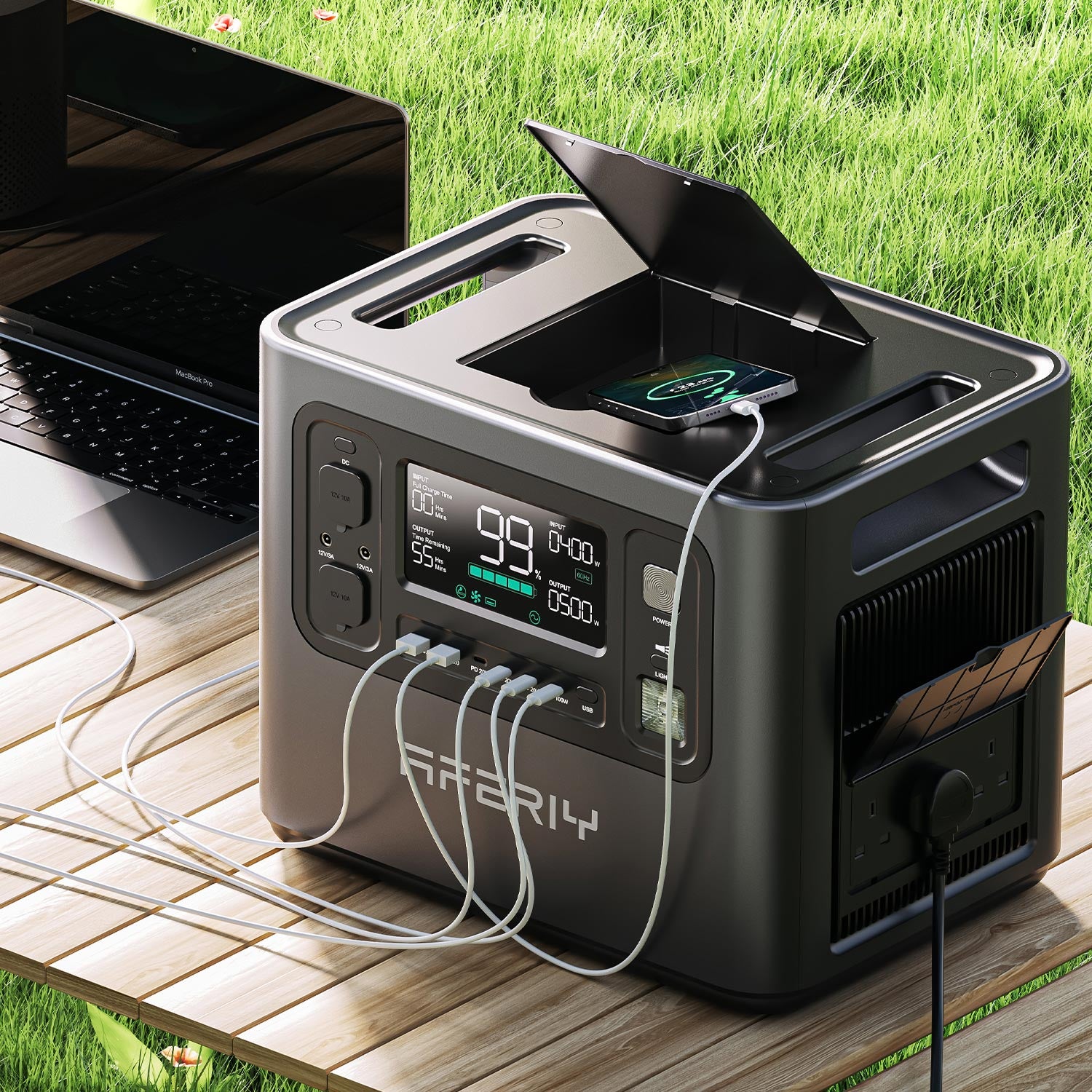
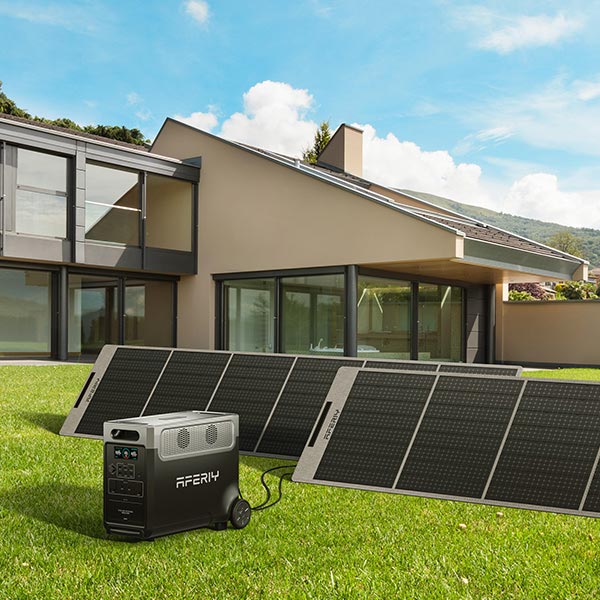
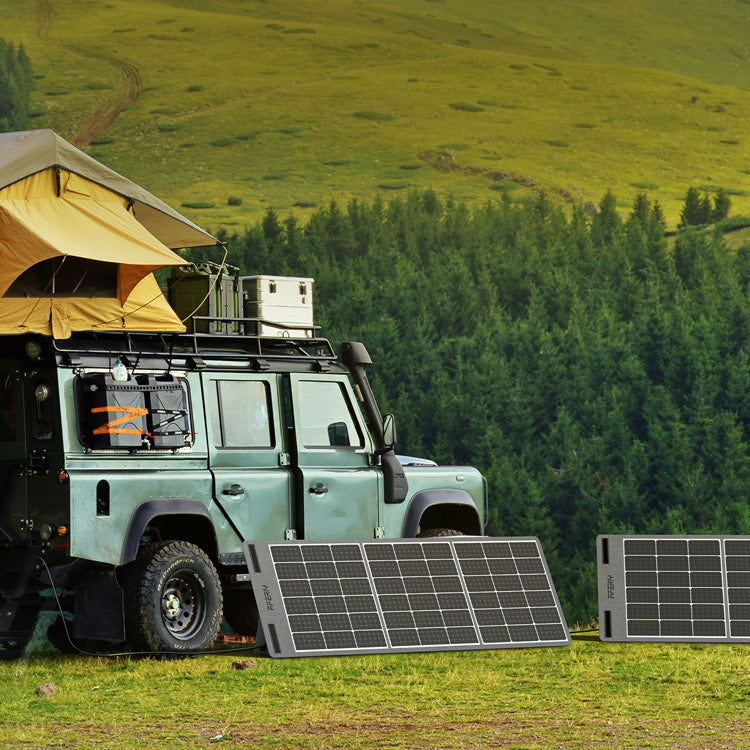
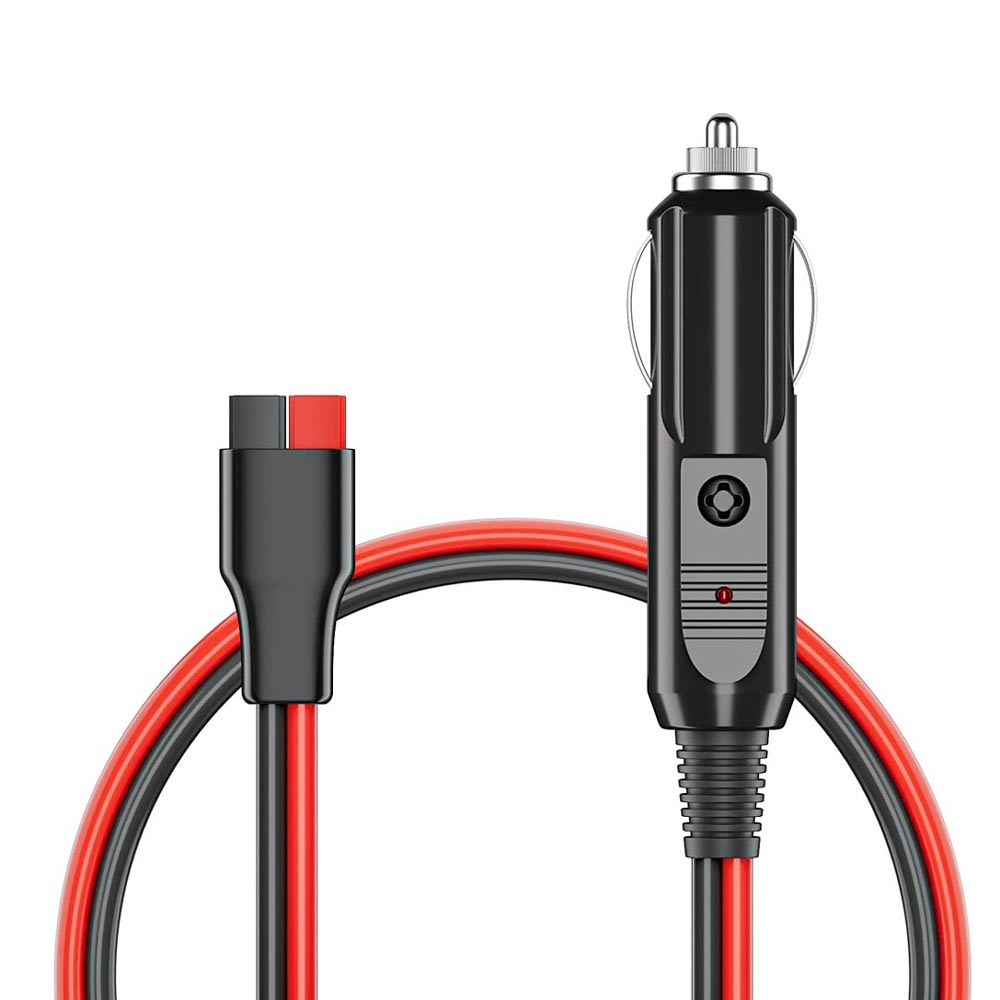
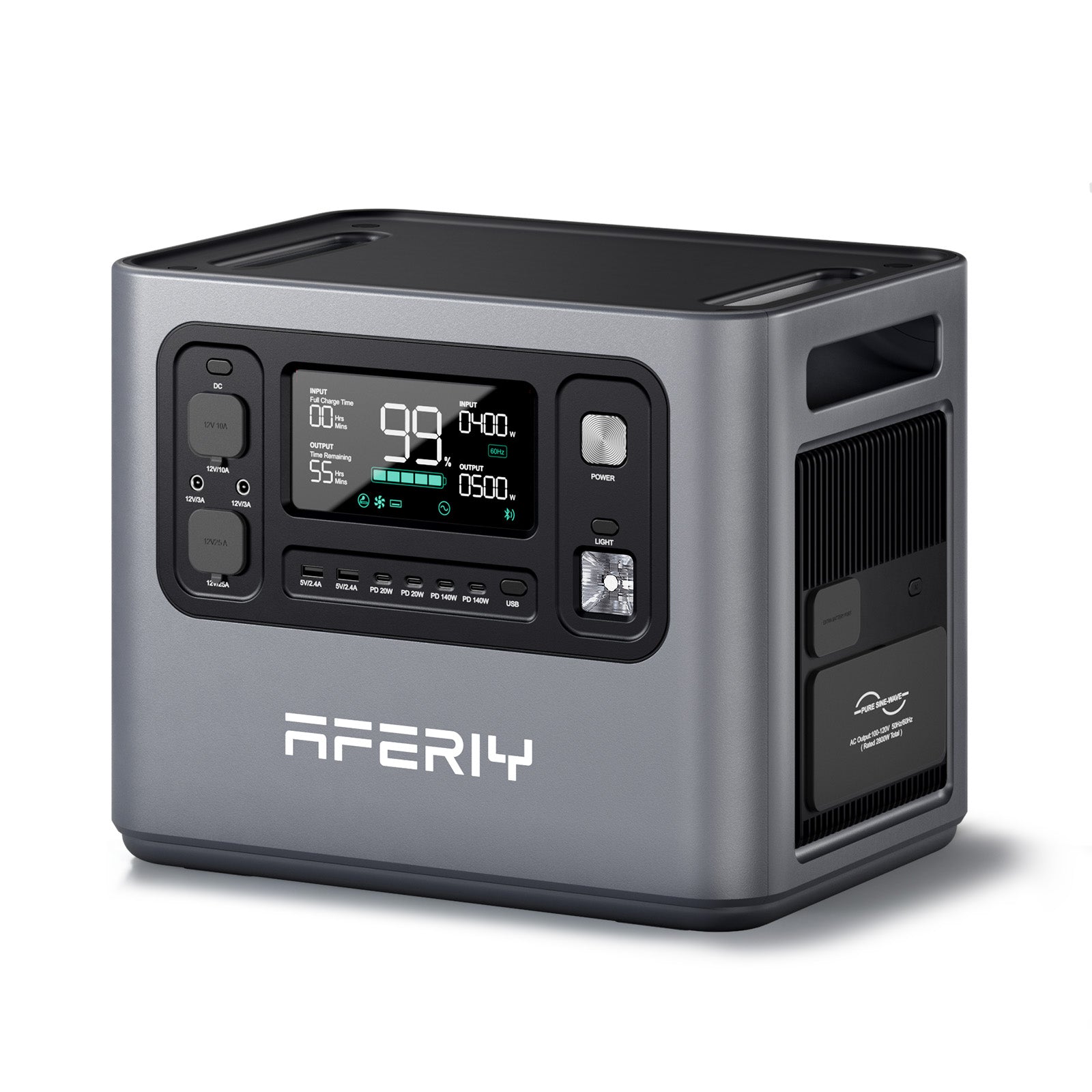
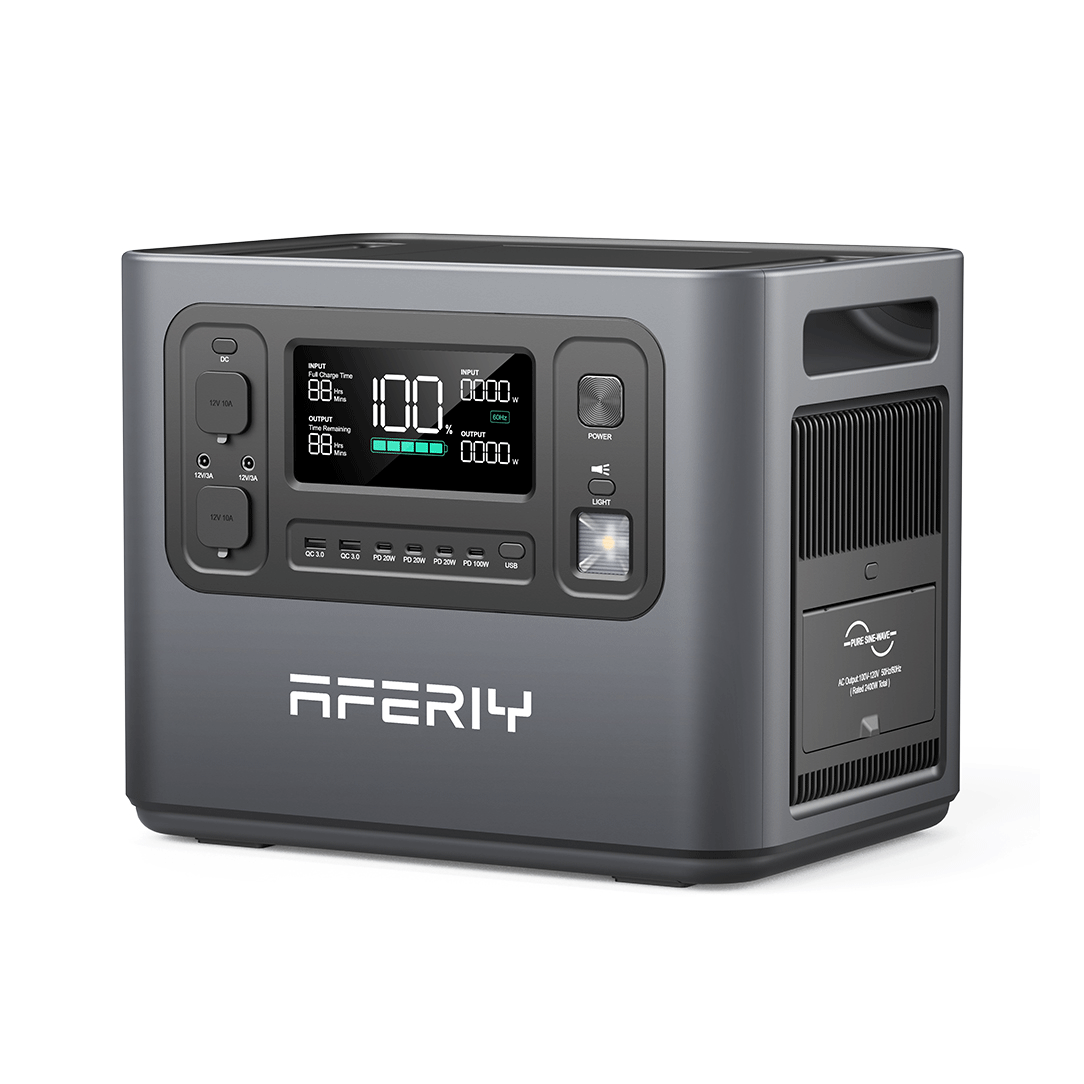
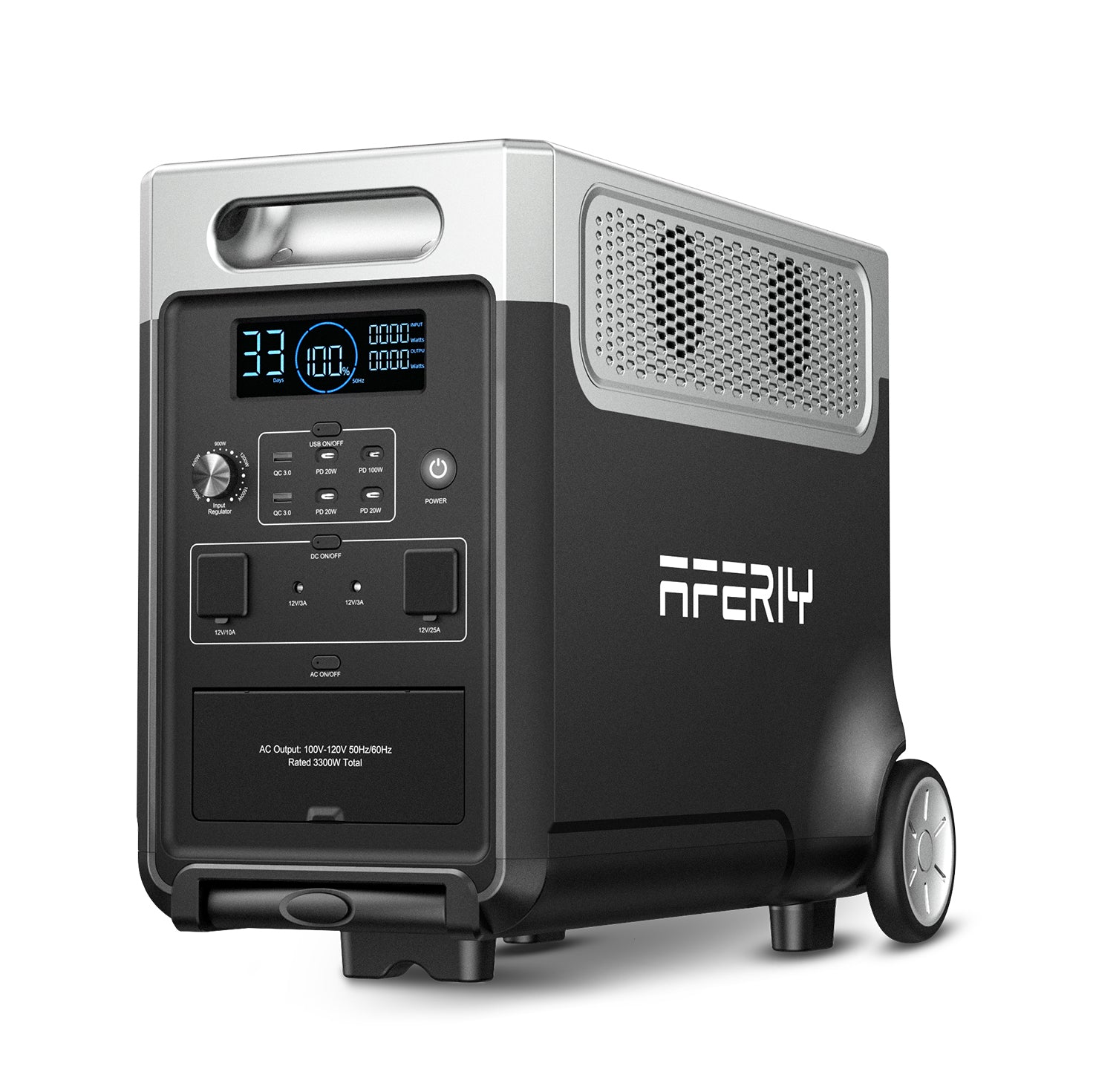
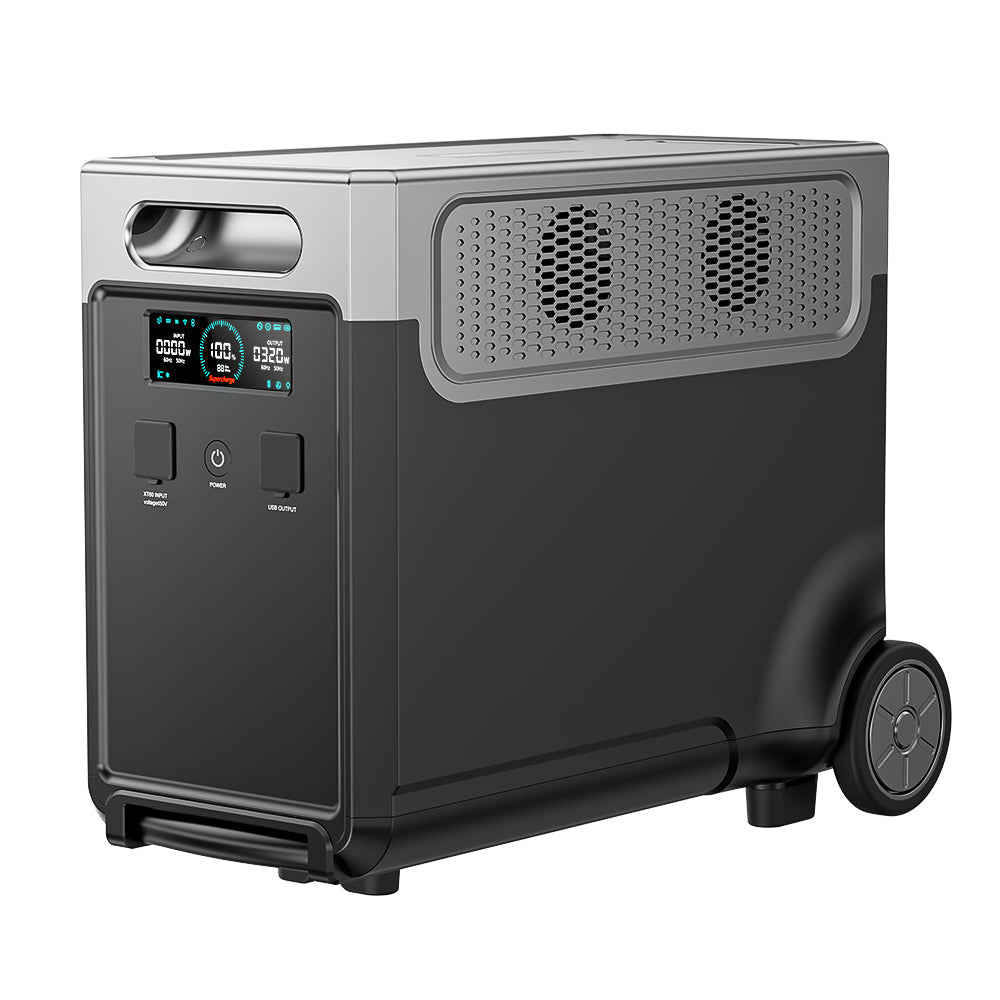
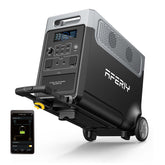
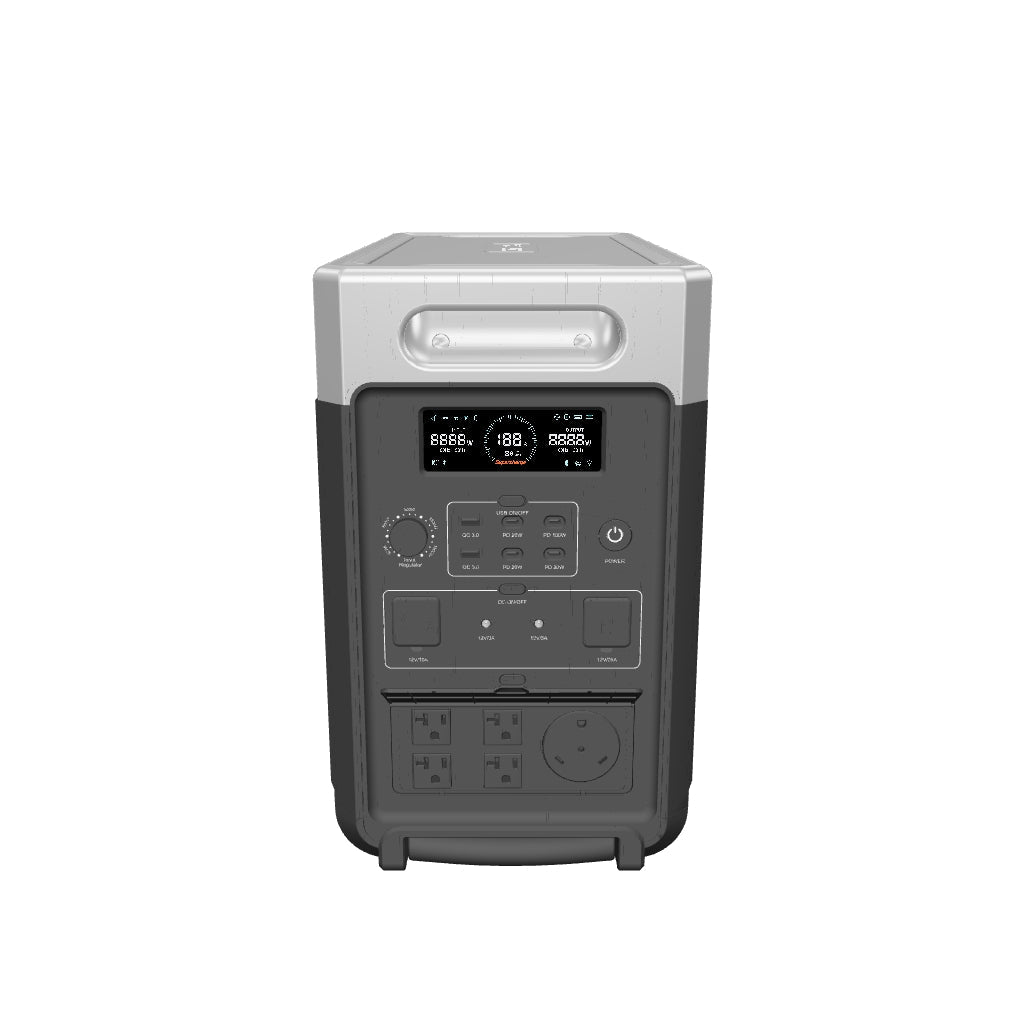
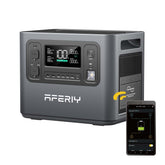
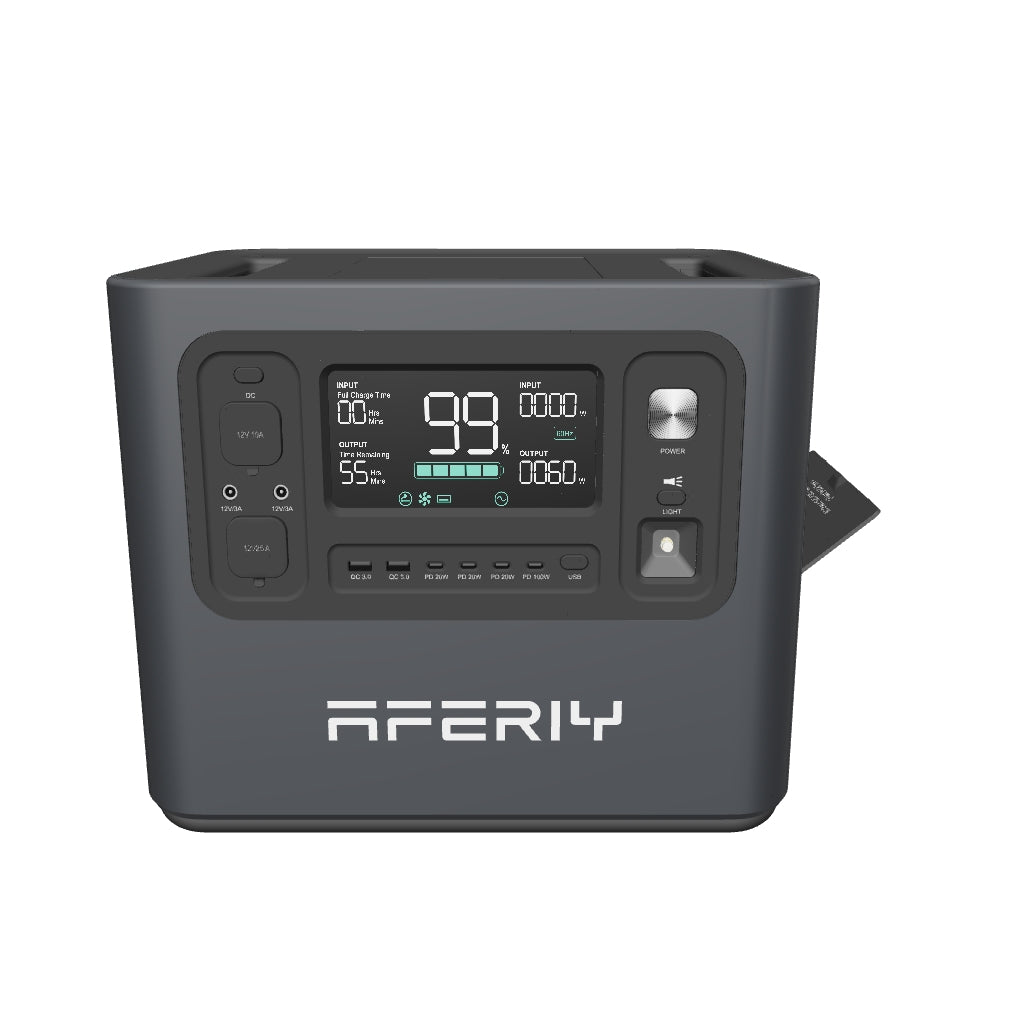
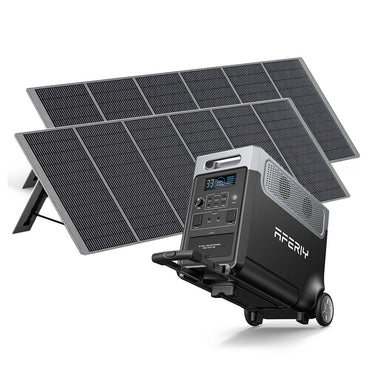
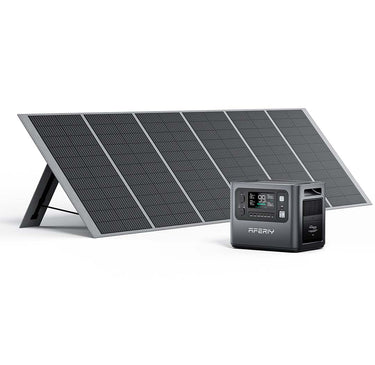
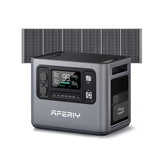

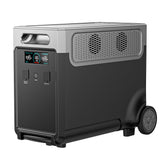

Leave a comment
Please note, comments need to be approved before they are published.